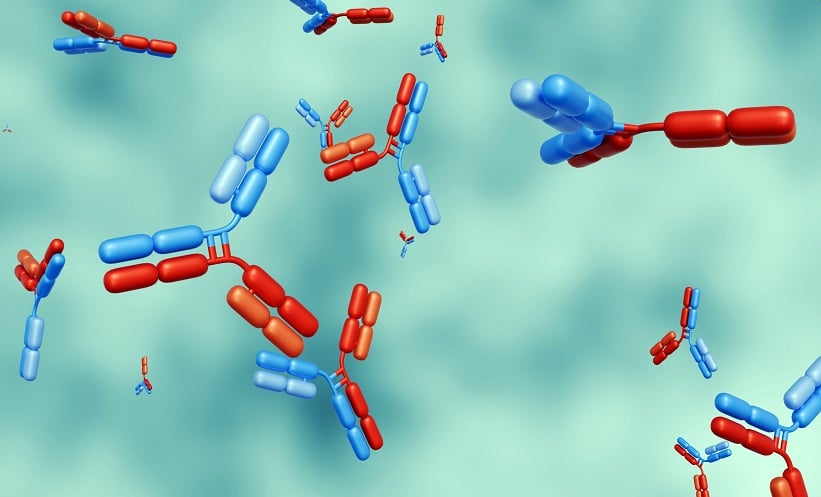A new bispecific antibody therapy, AFM28, has shown strong preclinical results in targeting treatment-resistant cells in acute myeloid leukemia (AML) and high-risk myelodysplastic syndromes (MDS), according to new research.
AFM28 is designed to engage natural killer (NK) cells by targeting both CD123, a marker commonly found on leukemic stem and progenitor cells (LSPCs), and CD16A on immune cells. In laboratory studies, AFM28 demonstrated superior activity compared to existing CD123-targeting antibodies, particularly against hard-to-treat leukemic cells with low CD123 expression or those expressing CD64.
Researchers found that AFM28 activated NK cells within whole blood samples from AML patients, effectively promoting autologous anti-leukemic responses. The therapy’s effectiveness increased further when combined with allogeneic NK cells, suggesting the potential for enhanced immunotherapy combinations.
In vivo testing also supported the therapy’s potential. In xenograft mouse models, AFM28 significantly reduced leukemia burden. Importantly, safety studies in cynomolgus monkeys revealed that the therapy was well tolerated and showed signs of pharmacodynamic activity, reinforcing its safety profile ahead of clinical testing.
The findings suggest AFM28 may offer a new approach for eradicating residual leukemic cells that often lead to relapse, addressing a critical unmet need in AML and MDS treatment. Researchers believe this new strategy could help promote lasting remissions in patients who currently have limited therapeutic options.
Reference
Schmitt N et al. The bispecific innate cell engager AFM28 eliminates CD123+ leukemic stem and progenitor cells in AML and MDS. Nature Communications. 2025:16:7793.








